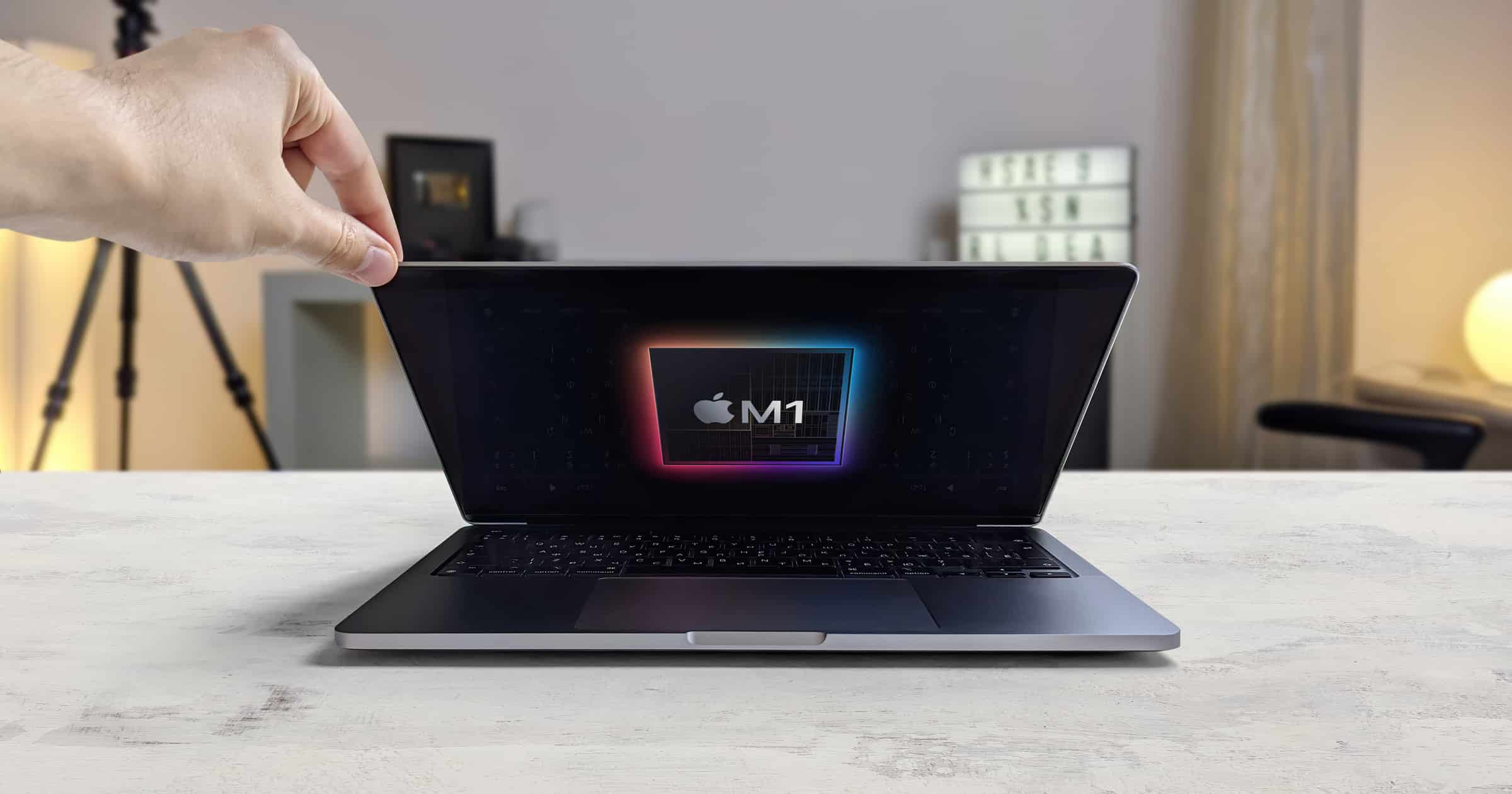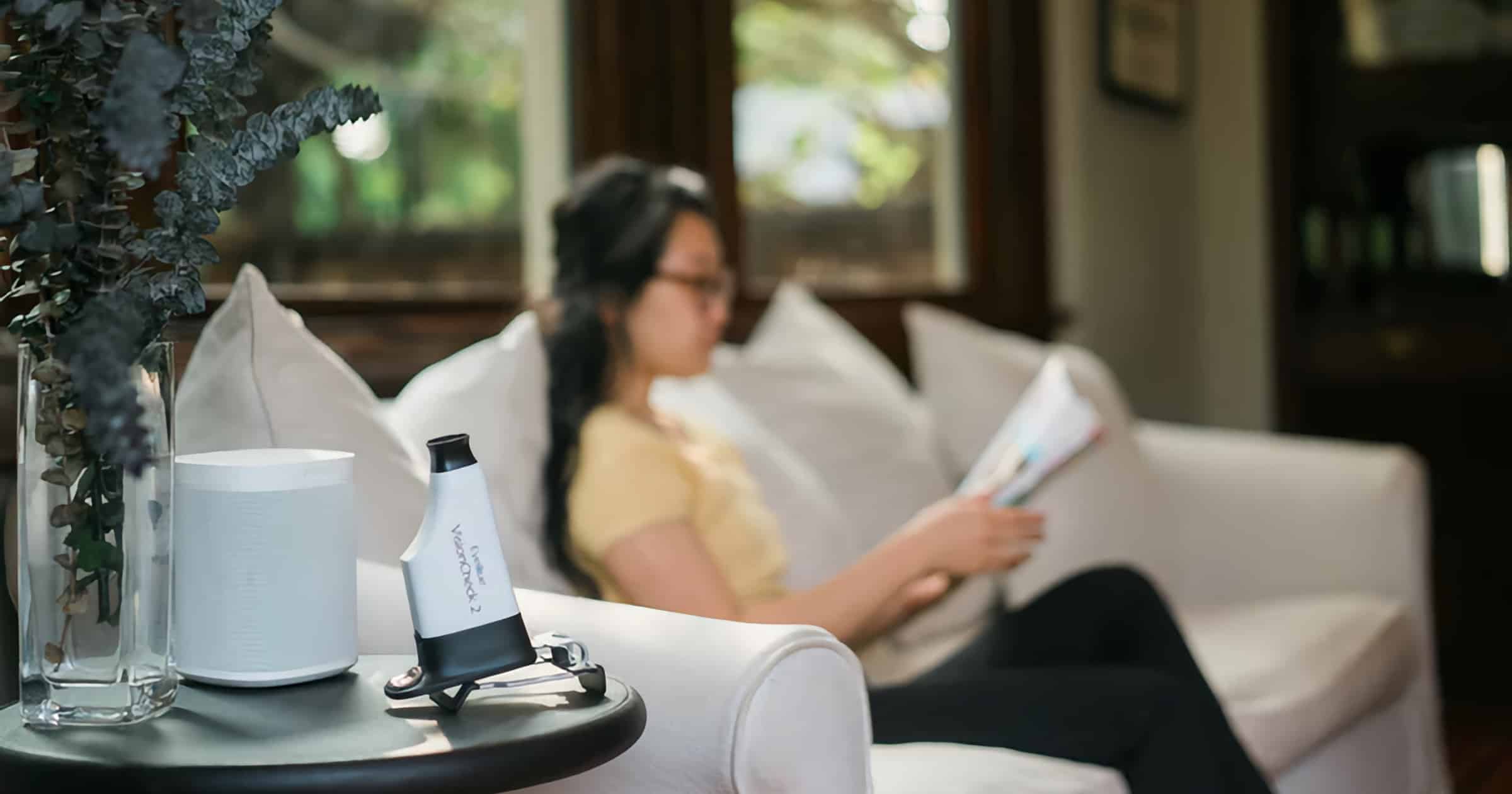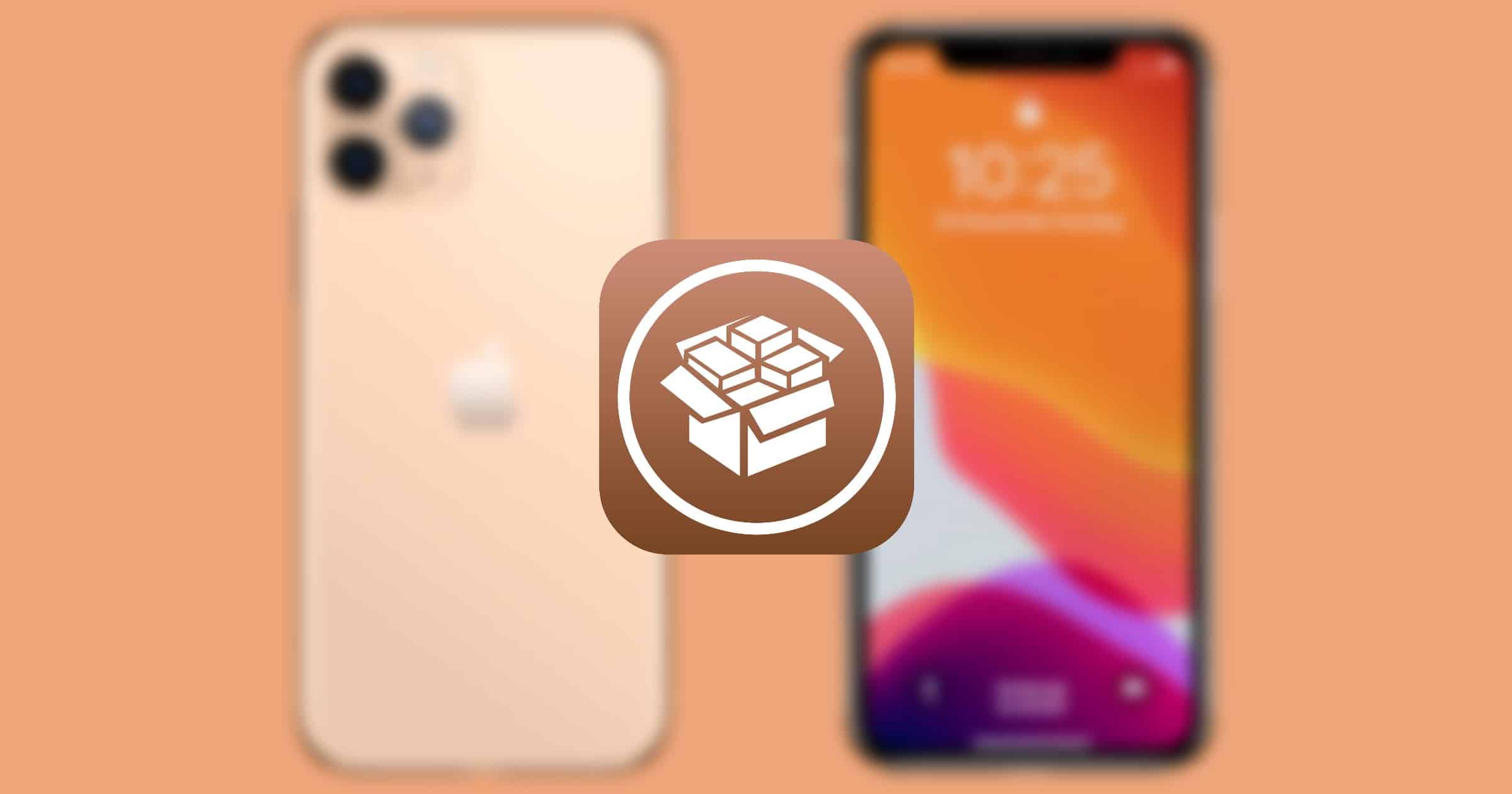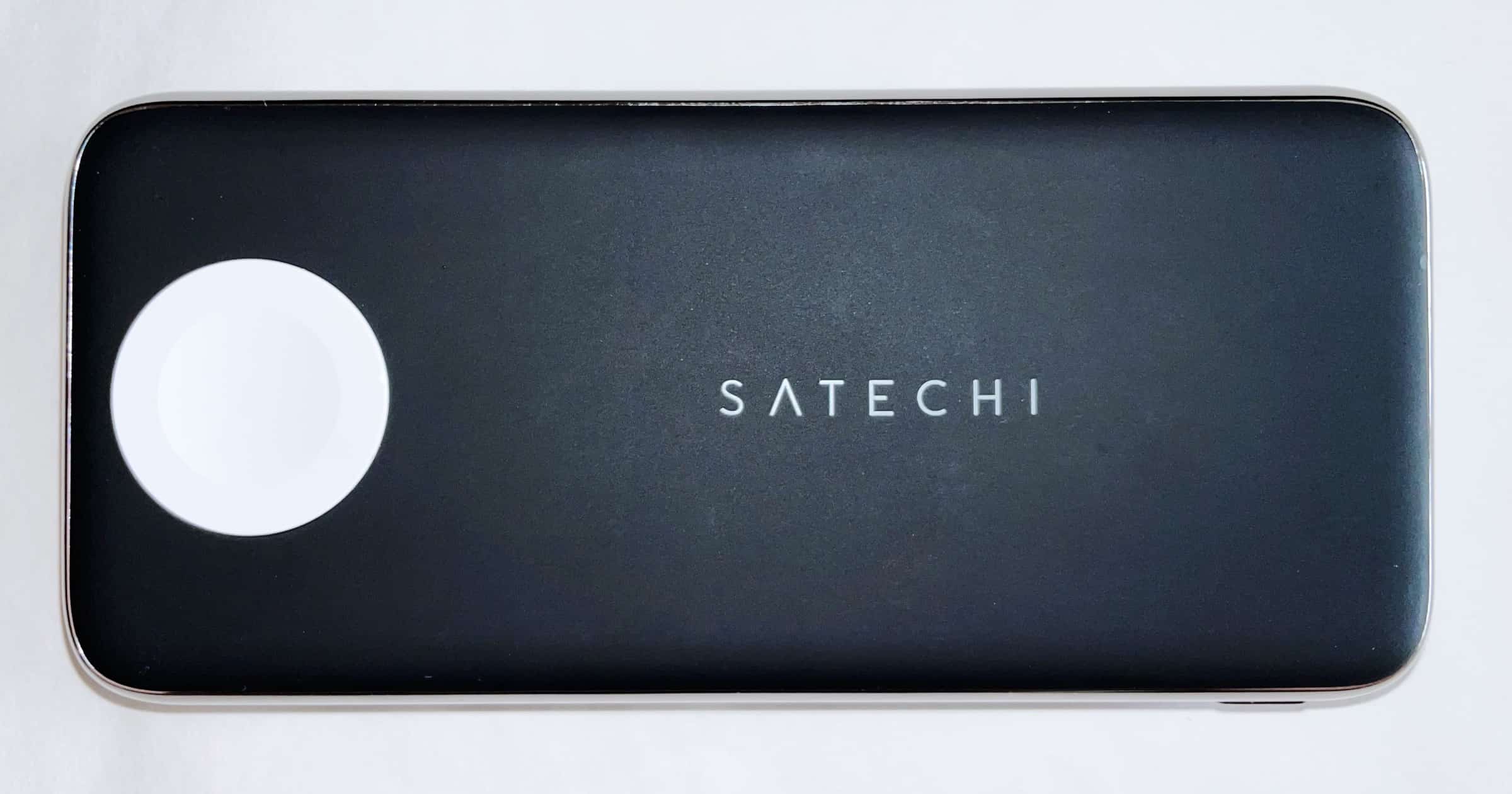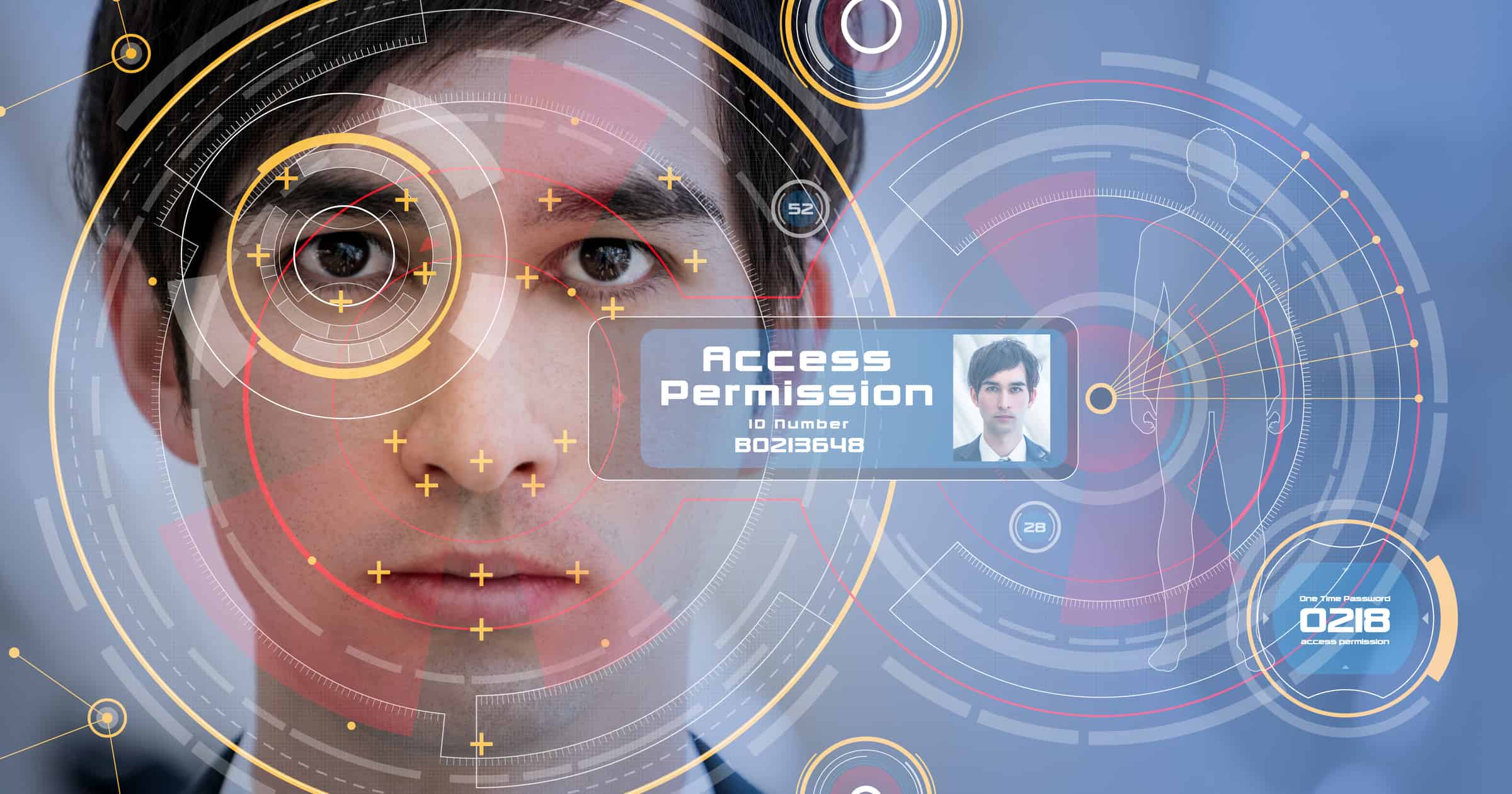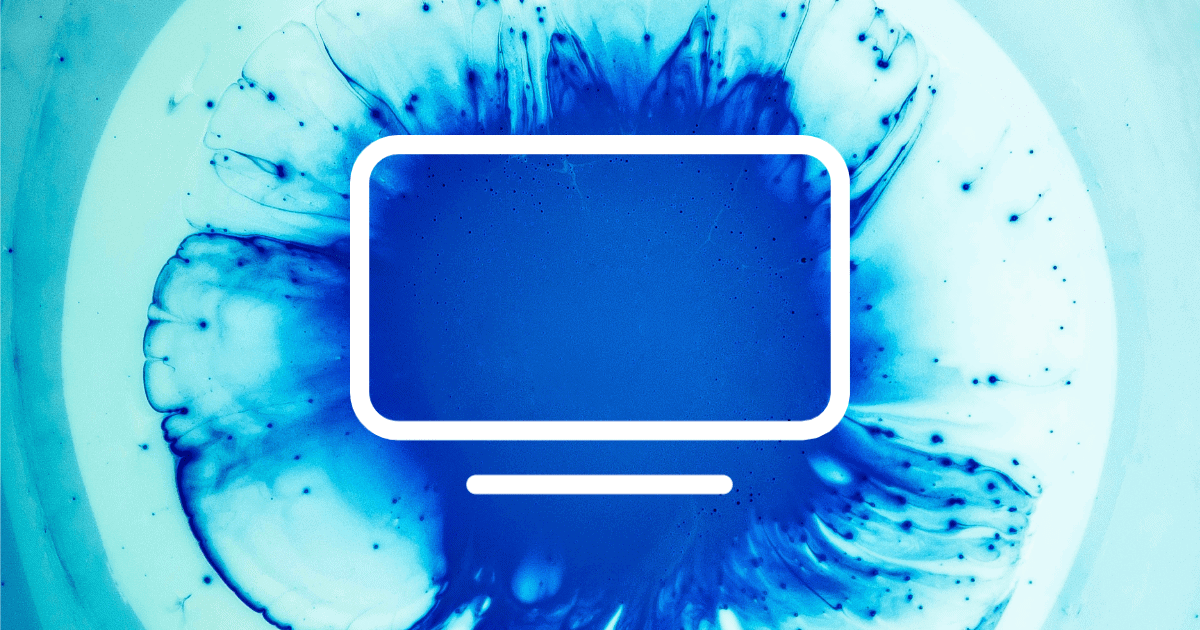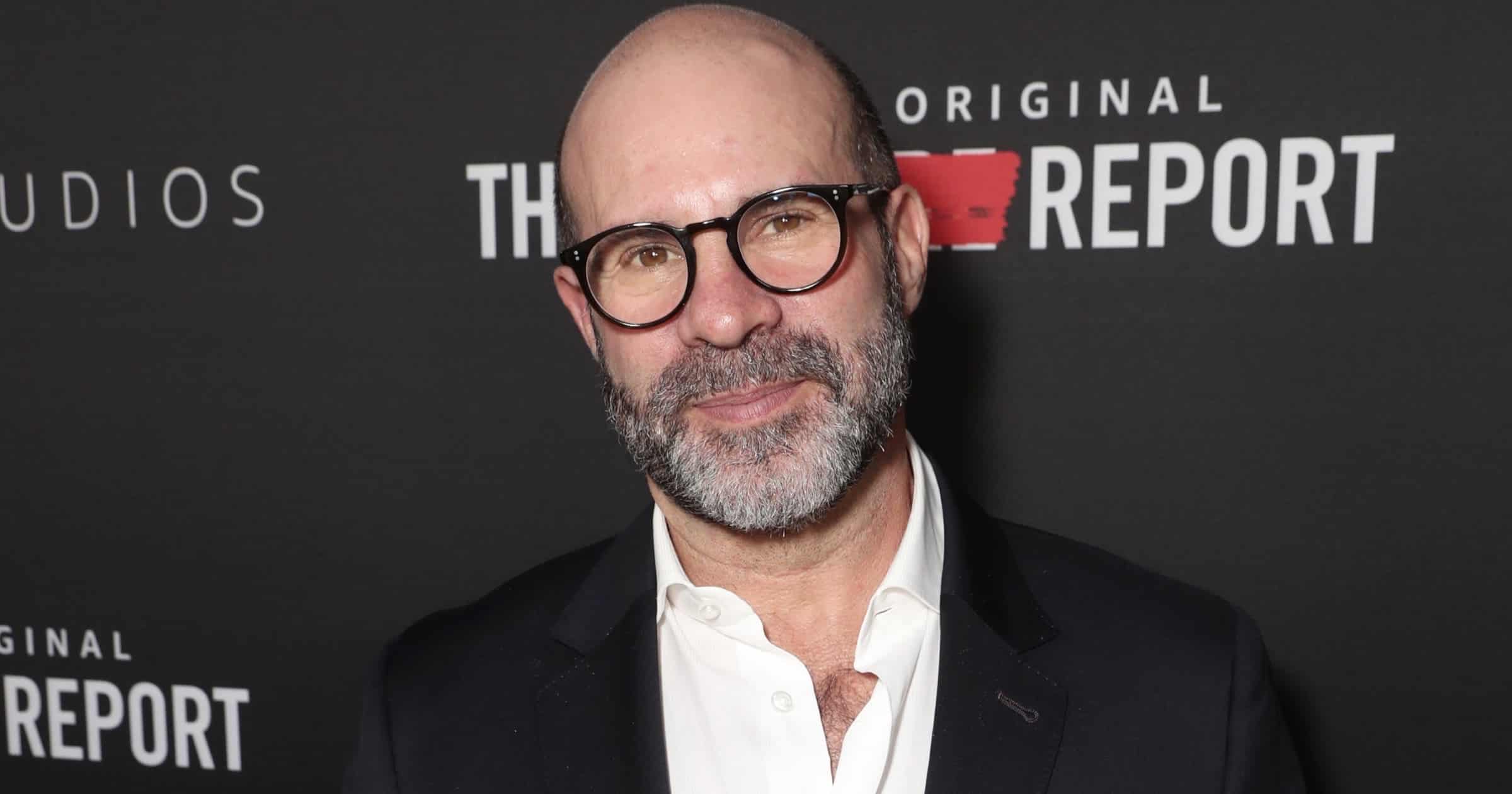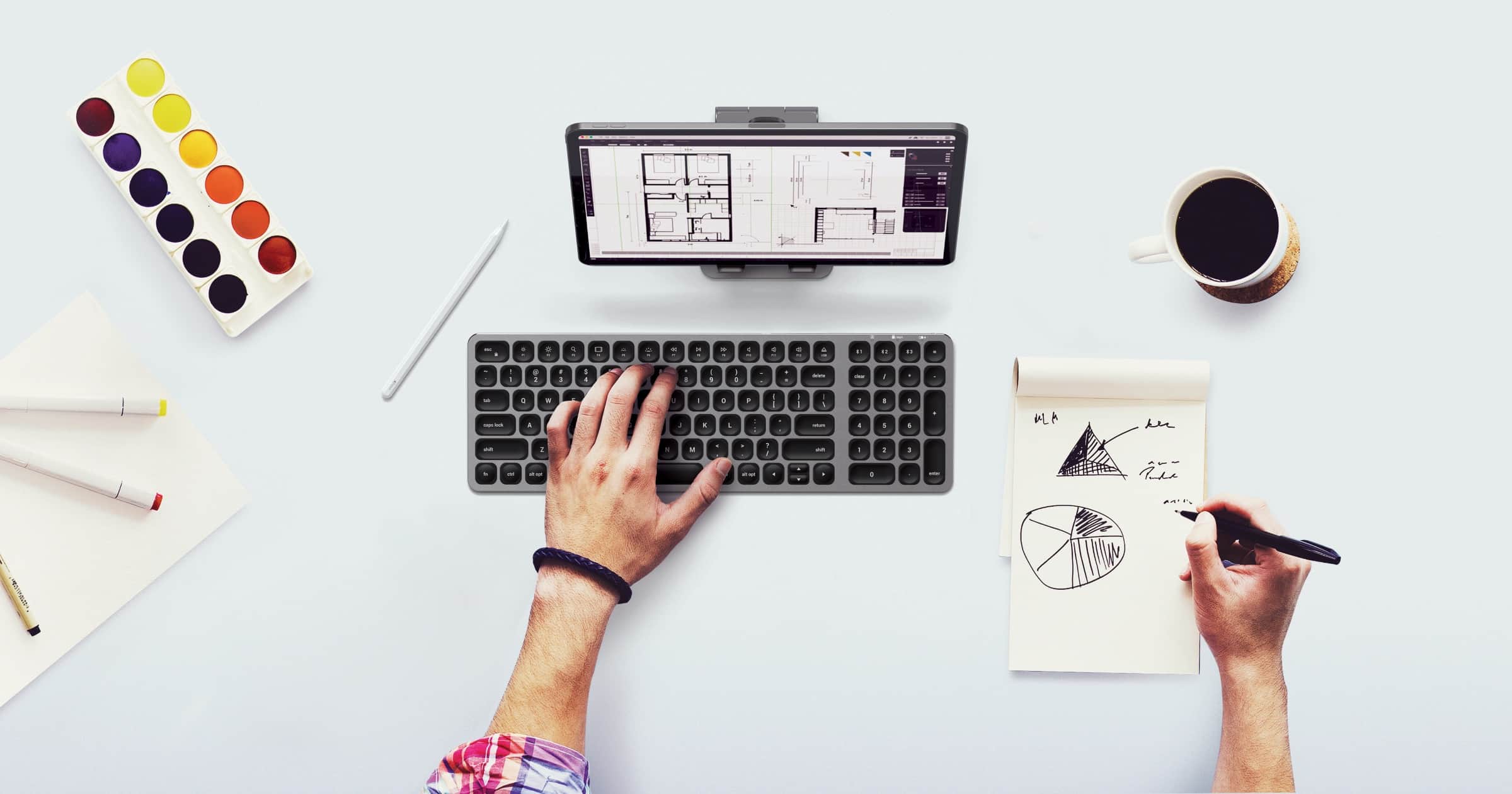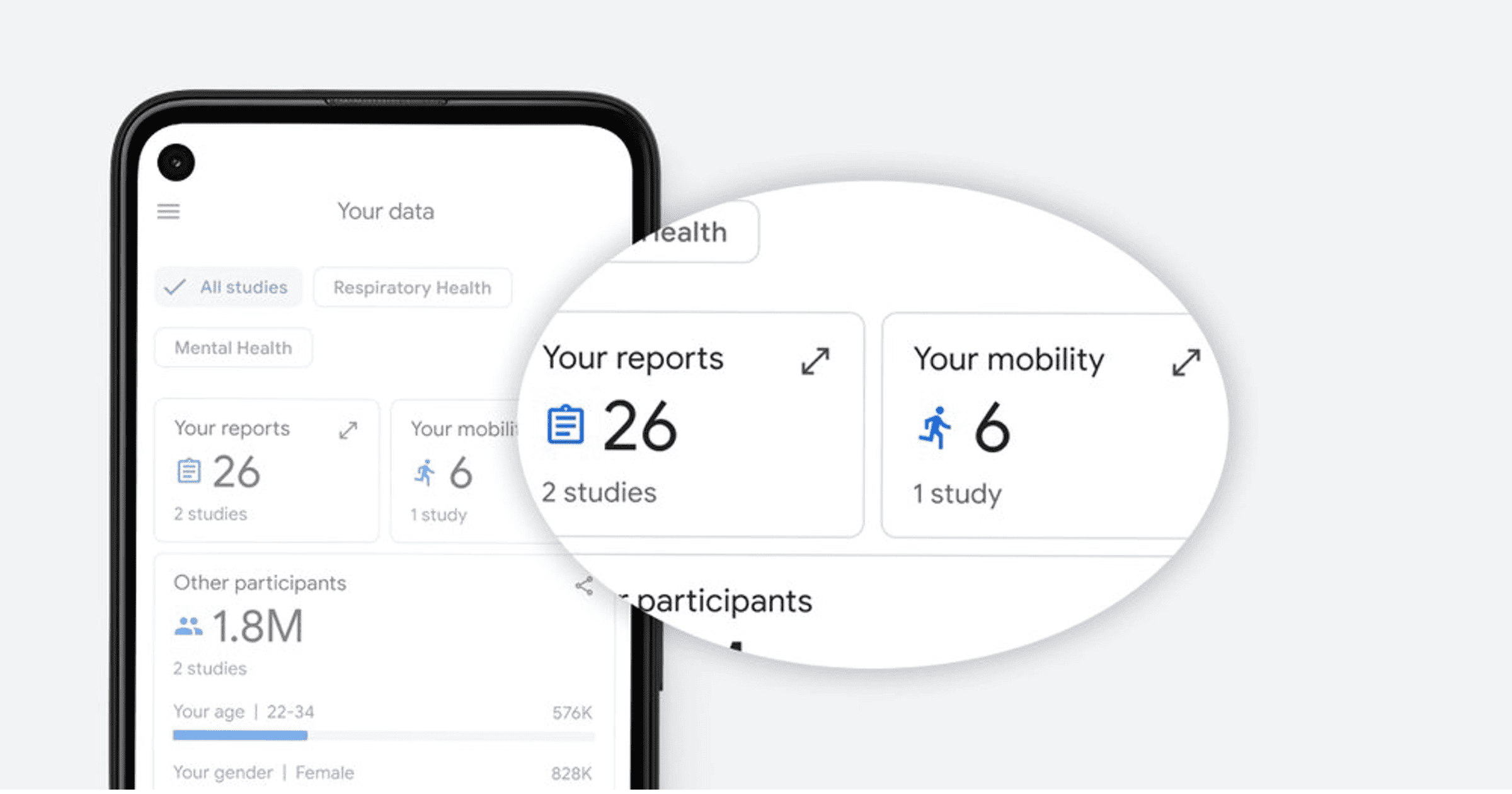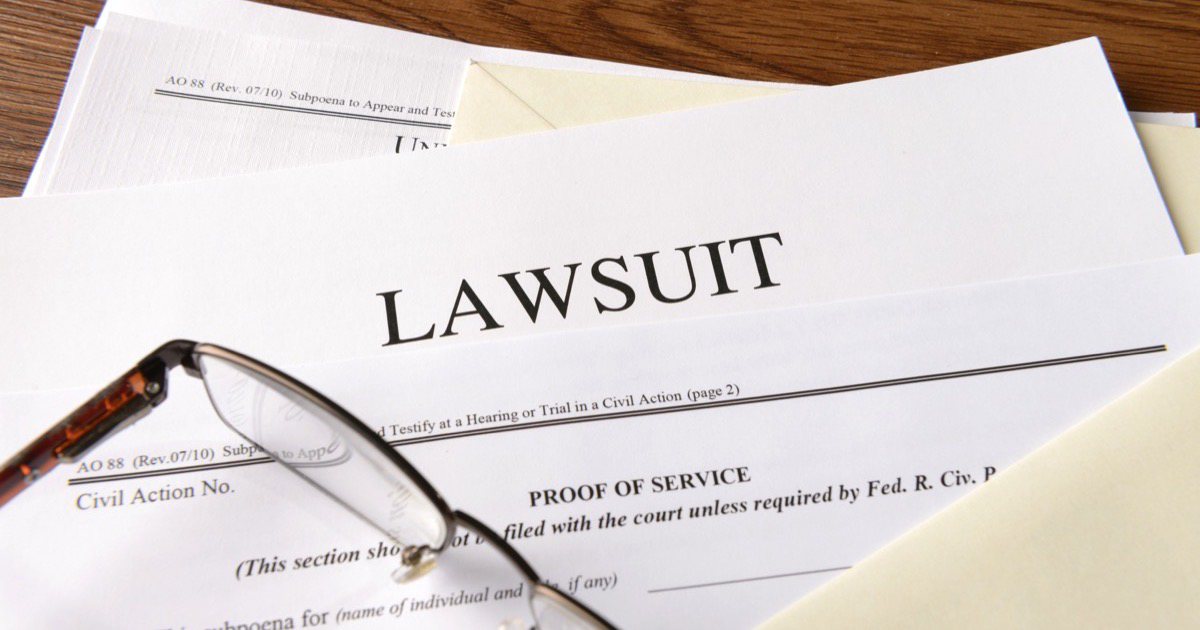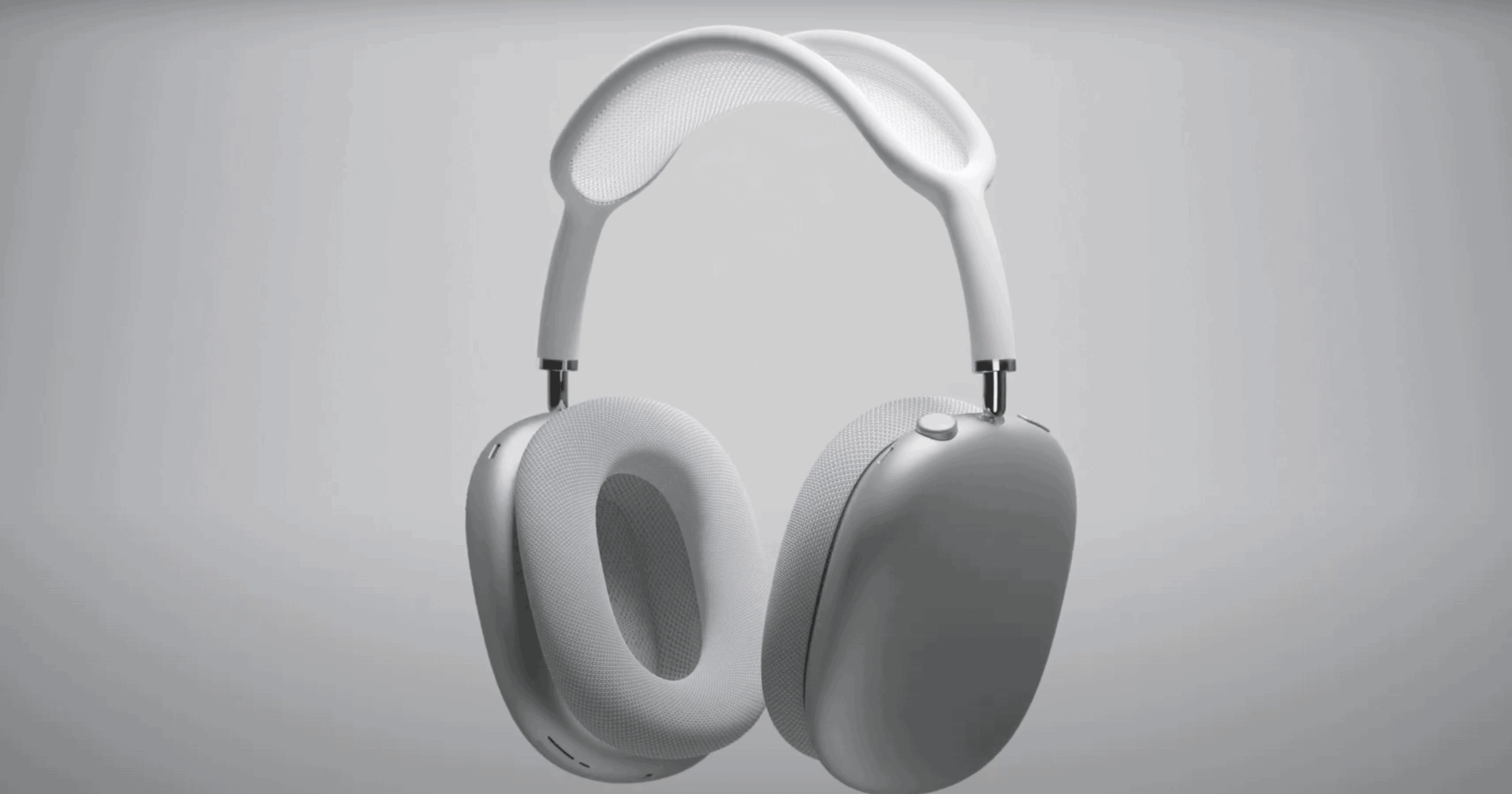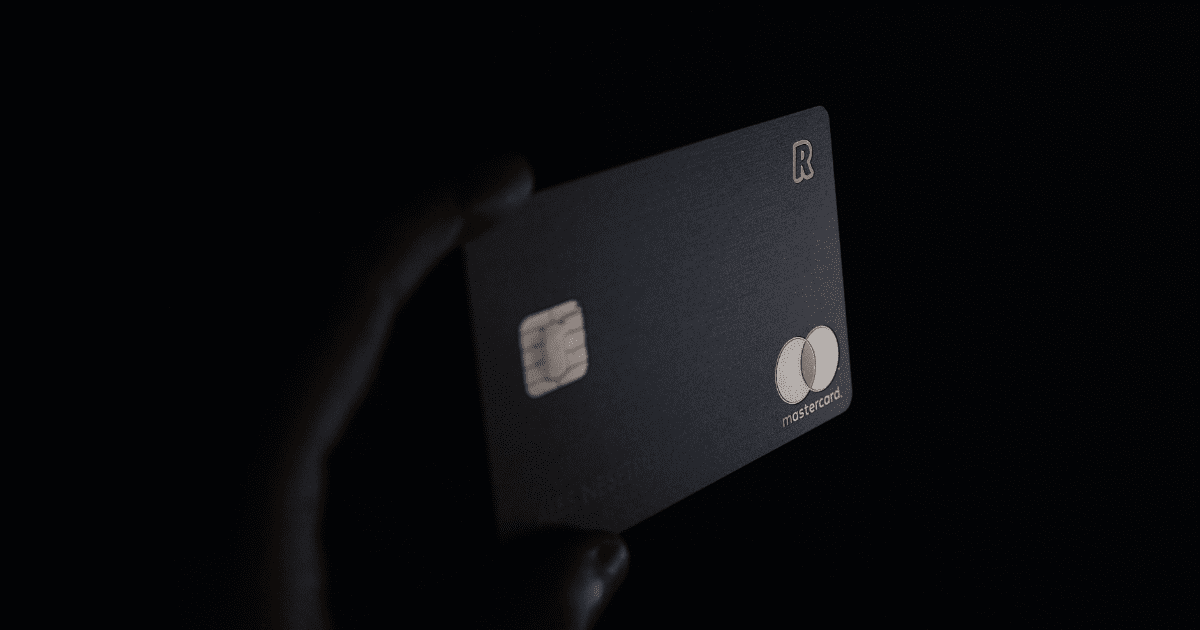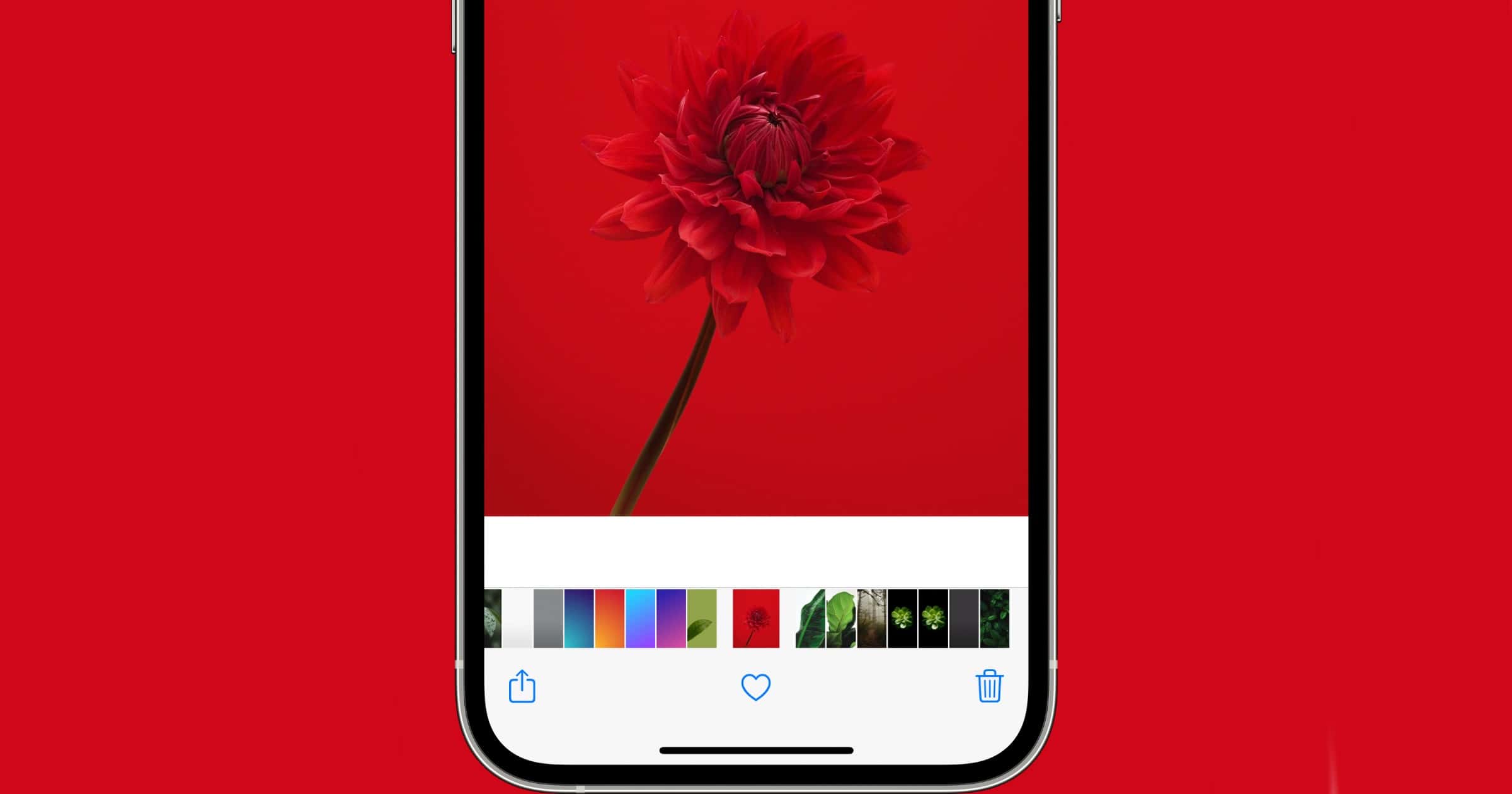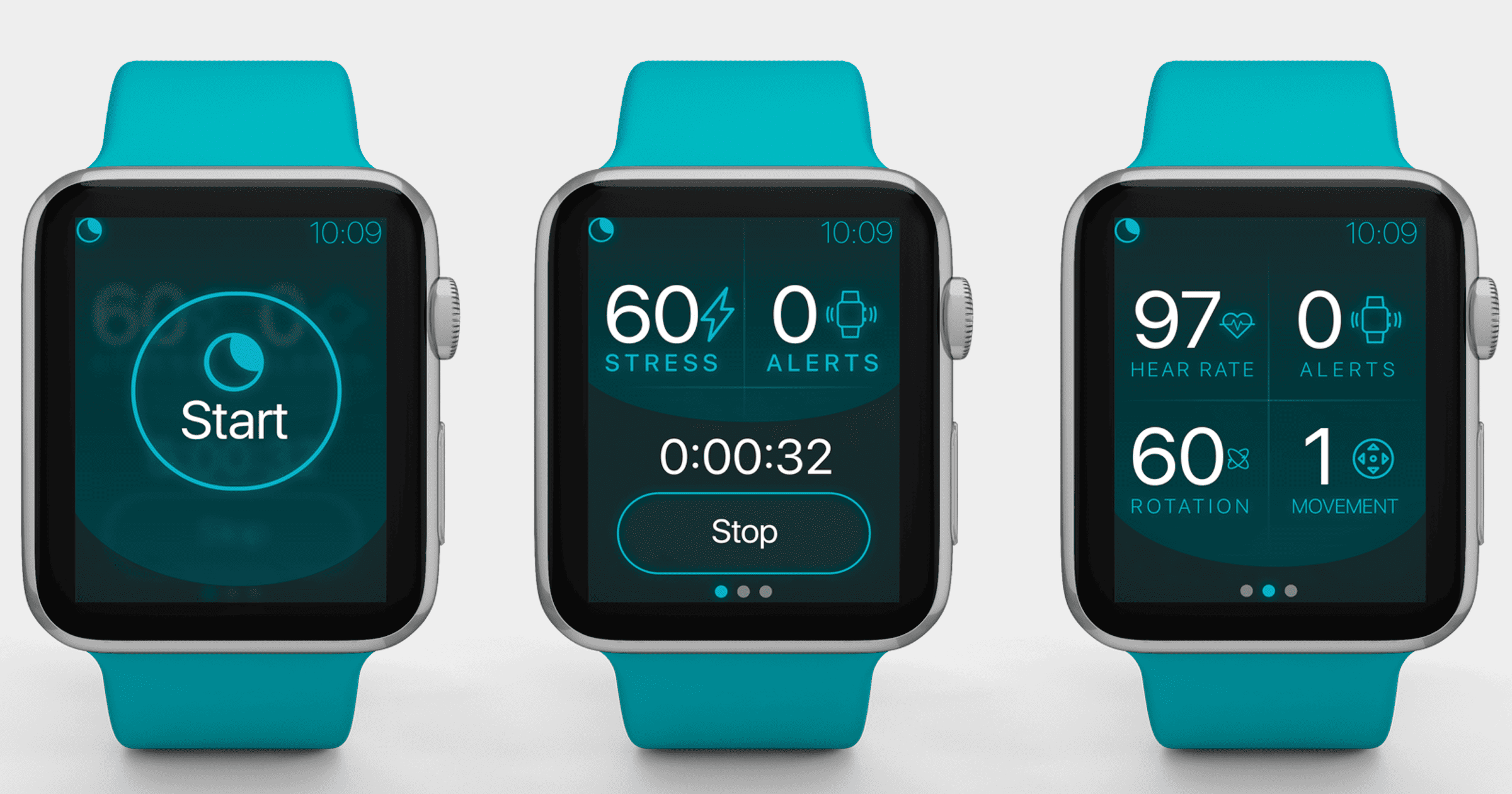Get into the holiday spirit with our iPhone 16 Pro Max giveaway! Don’t miss your chance to win a brand-new iPhone 16 Pro Max.
All You Need to Know About Booting Your M1 Mac
If you’ve just bought a new Apple Silicon Mac, boot options have changed. Jeff Butts explains everything you wanted to know about booting your M1 Mac.
EyeQue Unveils its VisionCheck 2 Smartphone Vision Test
EyeQue has a smartphone vision test you can do at home, and the company has a Kickstarter to fund the second-gen product called VisionCheck 2.
Some claim to have online or app-based refraction tests, but they are merely prescription verification services based on visual acuity estimates. EyeQue users are actually performing a self-refraction test while proprietary algorithms process, personalize, and store results.
Tim Cook to Address UN Climate Ambition Summit
Tim Cook will speak at the UN Climate Ambition Summit on December 12, marking the fifth anniversary of the Paris climate change agreement.
Apple TV (app) on Fire TV (devices) – TMO Daily Observations 2020-12-10
Bryan Chaffin and Jeff Butts join host Kelly Guimont to discuss actually using Apple TV (the app) on Fire TV (the device), and Face ID tips.
Apple TV+ Could be Shut Down Across Europe
The Irish Government published legislation that could see Apple TV+ shut down across Europe unless 30 percent of its content is made there.
Jailbreak Store ‘Cydia’ Files Antitrust Lawsuit Against Apple
The creator of the old Cydia app store is suing Apple, claiming it used anti-competitive means to squash it.
“Were it not for Apple’s anticompetitive acquisition and maintenance of an illegal monopoly over iOS app distribution, users today would actually be able to choose how and where to locate and obtain iOS apps, and developers would be able to use the iOS app distributor of their choice,” the lawsuit alleges. The lawsuit was filed in federal court in Northern California and Cydia is represented by Quinn Emanuel Urquhart and Sullivan.
I don’t see where the anti-competitive part comes in. Cydia was before the App Store, so Apple created that to compete, not “anti-compete.”
Review: Satechi Quatro Wireless Power Bank is 10,000 mAh
Satechi’s Quatro 10,000 mAh wireless power bank features USB-C PD, USB-A, and an Apple Watch charger. Here’s what Andrew thinks.
A Tip for Using Face ID While Lying Down
If you’ve struggled with using Face ID while lying down, this article is for you. It turns out, you’re just holding it wrong.
'Dark Matter' Series For Apple TV+ Being Worked on
Apple is working with producer Matt Tomach and Blake Crouch on an adaption of the author’s bestselling novel ‘Dark Matter’ for Apple TV+.
Apple Orders Climate Change Series ‘Extrapolations’ From Scott Z. Burns
Apple has ordered a climate change series from Scott Z. Burns called “Extrapolation.” Mr. Burns will write, direct, and executive produce.
Satechi Launches a Foldable Aluminum iPad Stand
Satechi recently launched a foldable, aluminum stand for iPhones and iPads with protective rubber grips to hold devices without slipping.
Ashley Liao, Della Saba, Paul Sparks Join Apple TV+ ‘Physical’
Ashley Liao, Della Saba, Paul Sparks, Dierdre Friel, Rory Scovel, and Lou Taylor Pucci are joining Rose Byrne in a series on Apple TV+ called “Physical.”
Pixelmator Photo 1.5 Update Supports Apple ProRAW
Pixelmator Photo 1.5 brings a ton of new features, including support for Apple’s ProRAW photo format we’ll see in iOS 14.3. Here are other features: Adjust the tonal curve directly in your photos – tap the On-Image Curves button, then drag up in your photo to lighten those areas, or down to darken them; The Shadows and Highlights sliders will be able to recover much more detail than before; Support for the new, native iOS color picker means you’ll be able to pick colors more quickly and easily; You can now tap the histogram to switch between the RGB and Luminance histograms; plus more improvements and a bug fix.
Google Launching New Health Research App
Google announced on Wednesday the launch of a new research app, The Verge reported. Called Google Health Studies, it seems pretty similar to Apple’s equivalent. The app will allow anyone with an Android phone to take part in medical studies. No surprise, the first still will look at respiratory illnesses like COVID-19.
Participants in the study will use the app to report any respiratory symptoms, the precautions they’re taking to prevent disease, and whether they’ve been tested for COVID-19 or the flu. The app will collect demographic data, like age, gender, and race as well. “Researchers in this study can examine trends to understand the link between mobility (such as the number of daily trips a person makes outside the home) and the spread of COVID-19,” Google wrote in a press release. The app will send data to researchers using a technique called federated learning, which will batch aggregated trends from multiple devices, rather than pull information from each participant individually.
FTC, 48 States Sue to Break up Facebook Over Monopoly Accusation
The Federal Trade Commission as well as 48 attorneys general have filed two lawsuits against Facebook on Wednesday.
Ahead of Apple’s ATT, WhatsApp Explains its Privacy Labels
Ahead of the upcoming iOS 14 App Tracking Transparency feature, Facebook-owned WhatsApp explains the privacy labels people will see on its App Store page. The app will collect contact information like your phone number, your (optional) email address, contacts, financial information to use certain features, shopping activity like product browsing and purchasing data, your IP address, general location, usage data, and diagnostics.
With end-to-end encryption, messages are not stored on our servers after they’re delivered, and in the normal course of operating our services we do not retain a record of the people you may message.
Apple Has Been Working on AirPods Max Since 2016
While it’s hardly a revelation that new products do not appear overnight, Apple has apparently been working on the recently unveiled AirPods Max since the first generation of AirPods shipped in 2016. That’s according to a now-deleted tweet from an ex-Apple designer, caught by Cult of Mac.
This interesting tidbit comes from a (now deleted) tweet from Dinesh Dave, currently a product designer at Facebook, but previously a Senior Interactive Designer at Apple. While no-one expects hit products to be created overnight, it gives a sense of how far out Apple’s working in its product roadmap. In a tweet Wednesday, Dave posted a picture of the AirPods Max. He noted that this was the last (previously unreleased) product he worked on at Apple covered by an NDA (non-disclosure agreement.) These standard issue forms effectively stop him from talking about products being worked on. Since the tweet was deleted, it may be safe to say that talking about them after they’ve been released is also questionable terrain.
Hackers Hide Credit Card Web Skimmer Inside Image Metadata
MalwareBytes reports that hackers are using a new trick to skim credit card data form websites using a skimmer hidden inside image metadata.
We found skimming code hidden within the metadata of an image file (a form of steganography) and surreptitiously loaded by compromised online stores. This scheme would not be complete without yet another interesting variation to exfiltrate stolen credit card data. Once again, criminals used the disguise of an image file to collect their loot.
A devious, clever hack.
Uber Connect Delivery Service Gets Major U.S. Expansion
Uber has announced an expansion of its Connect delivery service in the run-up to Christmas, Reuters reported. It follows the company offloading its flying taxi unit, Uber Elevate, and self-driving unit Advanced Technologies Group.
Uber Connect, will now be available in more than 2,400 new cities and towns in the United States. Uber Connect, launched in April for sending packages, has added new features, including one that allows users to also request for pickups, the company said. The expansion could help Uber, which is focusing on ride-hailing and delivery to turn profitable on an adjusted basis by the end of 2021.
VSCO Gets Dark Mode and a Blur Tool
Photography company VSCO announced on Wednesday a redesigned in-app studio experience for photographers with new tools.
Fitness+ Launch Date, Apple Bundle Options – TMO Daily Observations 2020-12-09
Charlotte Henry and Bryan Chaffin join host Kelly Guimont to discuss the Fitness+ launch next week, and other bundles Apple might consider.
Favorited iCloud Photos Now Sync to Google Photos
Favorited photos stored in iCloud, as well as starred photos stored in Google, now sync with each other. Here’s how to enable the setting.
A Son Designed an Apple Watch App To Help His Dad With PTSD Nightmares
Iraq veteran Patrick Skluzacek had seen his life ruined by PTSD nightmares so bad that he feared closing his eyes. NPR has the tale of how his son, Tyler, developed an Apple Watch app to help break this cycle. Called NightWare, it was recently approved by the U.S. Food and Drug Administration.
Tyler was a senior at Macalester College in Saint Paul, Minn., in 2015 when he heard about a computer hackathon being held in Washington, D.C. Developers come together over an intense few days to build prototypes to tackle a specific problem. This particular hackathon focused on developing mobile applications to help people with PTSD. Tyler scraped together his on-campus job earnings and bought a ticket to Washington. During the hackathon, he put together a team to program a smartwatch to detect the onset of night terrors based on the wearer’s heart rate and movement.. The idea, Tyler says, was to use technology to imitate something service dogs were already doing — recognizing a traumatic nightmare and then nudging or licking the person to disrupt the bad dream. He thought the smartwatch could do this with a gentle vibration.
Carol Burnett Biopic Could be Heading to Apple TV+
An adaption of Carol Burnett’s bestselling memoir, written and directed by Tara Miele, looks like it’s headed to Apple TV+.

